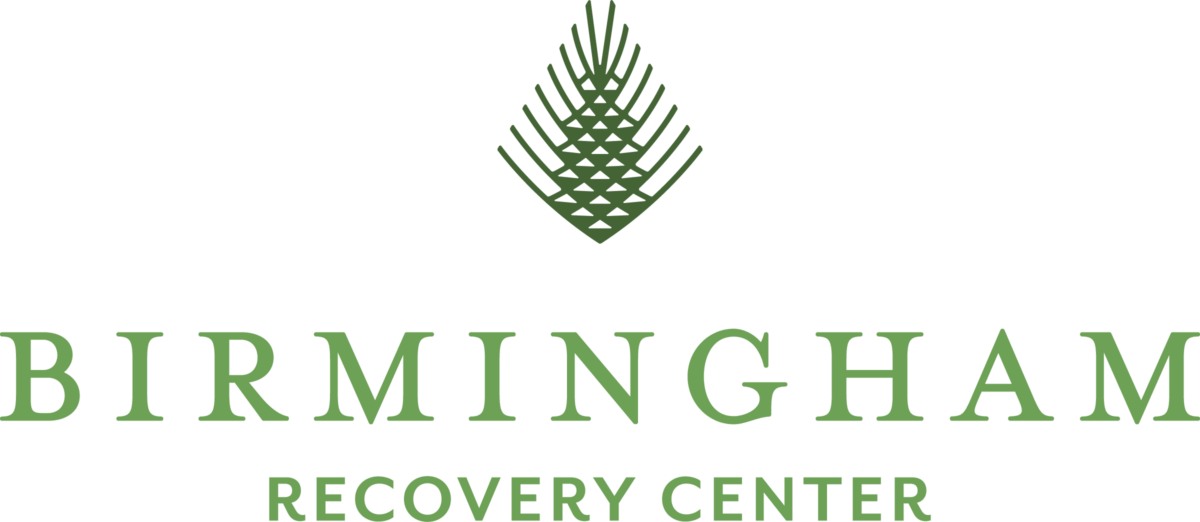In an effort to eradicate stigma, awareness campaigns often emphasize that addiction is not evidence of a moral failure, a character flaw, or a lack of willpower. But what, then, is addiction? Is addiction a mental health issue? Is it a behavioral health concern? Or is it something else entirely?
What is Addiction?
The clinical term for addiction is substance use disorder. The Diagnostic and Statistical Manual of Mental Disorders (DSM-5) explains that a substance use disorder is “a cluster of cognitive, behavioral, and physiological symptoms indicating that the individual continues using the substance despite significant substance-related problems.”
In other words, addiction encompasses a variety of symptoms that affect how a person thinks and acts, and how their body functions. Addiction is not the same as substance abuse, though substance abuse often leads to addiction. A binge-drinking episode is an example of substance abuse. Feeling compelled to drink, and being unable to control how much you drink once you start, is an example of addiction. Here are some other common signs and symptoms of addiction:
- Spending significant amounts of time thinking about, using, and recovering from the use of a substance.
- Prioritizing substance use over your personal and professional responsibilities.
- Developing tolerance, or needing to use more of the substance to achieve the effect you are seeking.
- Experiencing withdrawal symptoms, or developing physical and/or psychological pain when you can’t use the substance, or when you try to stop using it.
- Using substances when it is obviously dangerous to do so, such as mixing substances or using them before you drive a car.
- Continuing to use a substance even after you have experienced problems (such as relationship difficulties, job loss, legal issues, or medical concerns) due to prior use.
- Trying to stop using the substance, but being unable to do so.
The outward signs of addiction are primarily behavioral. If you think someone may be struggling with an addiction, you are probably basing this on how you have seen them act or function. But the inward signs, such as the urge to continue using the substance, the inability to stop using it once you’ve begun, and some of the symptoms of withdrawal, are psychological. So, is addiction a mental health issue?
Is Addiction Considered a Mental Illness?
Addiction is often described as a behavioral health issue. But is addiction a mental health issue as well? Let’s refer back to the DSM-5, which is the standard clinical reference book that is published by the American Psychiatric Association (APA). At the start of the previous section, we noted the DSM’s description of addiction. Here is how this reference book defines mental illness:
A mental disorder is a syndrome characterized by clinically significant disturbance in an individual’s cognition, emotion regulation, or behavior that reflects a dysfunction in the psychological, biological, or development processes underlying mental functioning. Mental disorders are usually associated with significant distress or disability in social, occupational, or other important activities.
Comparing these two definitions, it is clear that addiction meets the criteria for mental illness. Addiction affects a person’s thoughts and behaviors, it is indicative of a dysfunction in a person’s body and mind, and it can be a source of considerable distress at their job, in the context of their relationships, and in other vital areas of their life.
Addiction & Co-Occurring Mental Illness
One reason why addiction is often referred to as a behavioral health disorder is to differentiate it from other mental health concerns that don’t involve substances. This differentiation may be particularly valuable when a person develops both a substance use disorder (addiction) and another mental illness. This phenomenon, which is described by clinicians as dual diagnosis, is not uncommon.
The National Institute on Drug Abuse (NIDA) reports that 7.7 million adults in the United States have co-occurring addiction and mental illness. NIDA data also indicates the following:
- More than 20 million adults have an addiction. Within this group, nearly 40% also have a mental health concern.
- More than 42 million adults have a mental illness. Within this group, more than 18% also struggle with addiction.
- Among people who have both an addiction and a mental illness, more than 52% received no treatment at all, and only 9.1% received professional care for both disorders.
Anxiety, depression, bipolar disorder, and posttraumatic stress disorder (PTSD) are examples of mental health disorders that commonly co-occur alongside addiction. In some cases, people develop a mental health disorder first, and they attempt to self-medicate with alcohol or other drugs. For example, a person who has PTSD may turn to substances as a means of numbing themselves to their emotional pain. This behavior can lead to the development of addiction.
In other cases, a person’s struggles with substances bring about the onset of a mental health concern. For example, a person may develop depression in the aftermath of experiencing significant losses as a result of their uncontrolled drug use. Regardless which disorder occurred first, effective treatment for people who have an addiction and a mental health disorder must address both conditions. Attempting to treat one concern while ignoring the other is unlikely to promote sustained progress.
Begin Treatment for Addiction & Co-Occurring Mental Illness in Birmingham, AL
Birmingham Recovery Center is a premier provider of customized treatment for adults whose lives have been disrupted by substance abuse and addiction. Our center in Birmingham, Alabama, also offers focused services for adults whose struggles with addiction are accompanied by anxiety, depression, and other co-occurring mental health concerns. Our continuum of care includes detoxification, partial hospitalization, intensive outpatient programming, and outpatient rehab. With the help of our skilled and compassionate professionals, you can achieve improved mental health and long-term recovery from addiction. Give us a call or visit our admissions page today to learn more.

